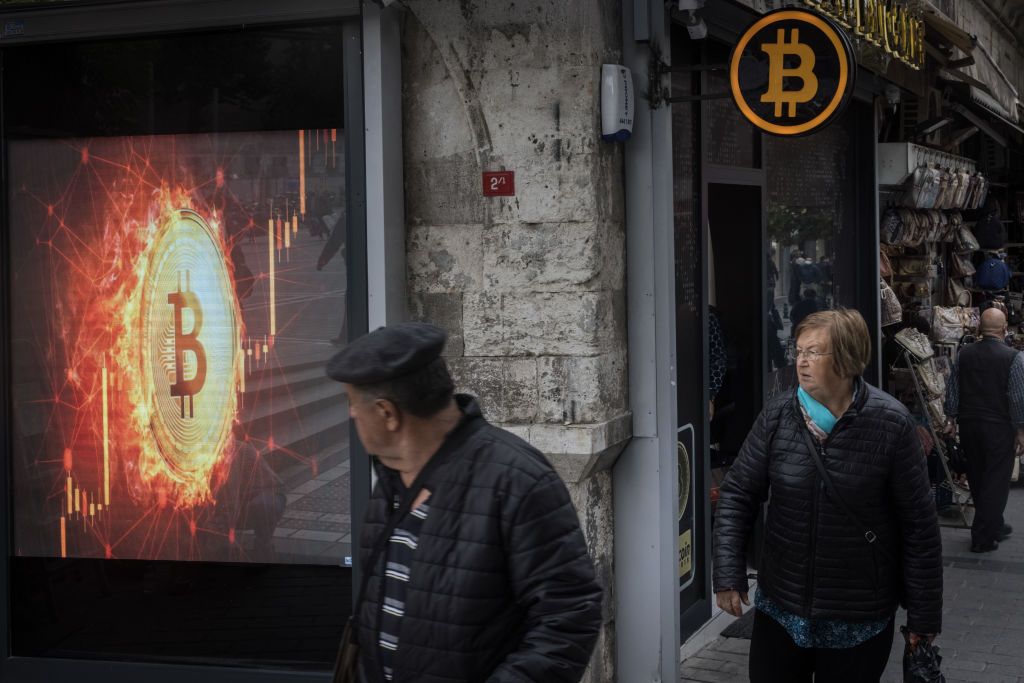Debate on Bitcoin's Future: Payments vs. DeFi

In a recent discussion about the future of Bitcoin, Twitter founder Jack Dorsey emphasized the necessity for Bitcoin to focus on payment scalability in order to maintain its relevance. Speaking on the podcast '21 in 21' hosted by Haley Berkoe, Dorsey stated, I think it has to be payments for [Bitcoin] to be relevant on the everyday. While this viewpoint aligns with the traditional understanding of currency, it has sparked a significant debate within the cryptocurrency community.
Rena Shah, Chief Operating Officer of Trust Machines, has voiced her strong disagreement with Dorsey's perspective. As someone deeply entrenched in the Bitcoin ecosystem, she argues that the future of Bitcoin adoption extends beyond merely facilitating payments. Shah points out that many Bitcoin holders see the cryptocurrency as a long-term investment or a store of value, akin to 'digital gold'. The focus, she argues, should shift to enhancing Bitcoin's functionality for everyday users, particularly in ways that do not necessitate selling or transferring their holdings.
Shah stresses that to sustain the relevance of Bitcoin, especially among institutional investors, it is crucial to cultivate an environment that encourages innovative uses of Bitcoin that go beyond simple transactions. This sentiment is particularly pertinent as Bitcoin undergoes periodic halving events, which gradually reduce the rewards for miners, raising the need for sustainable incentives to keep the network healthy.
She believes that exploring Layer 2 solutions, such as Stacks, which introduce smart contract capabilities to the Bitcoin ecosystem without compromising its foundational layer, is essential. These advancements can generate a plethora of opportunities that surpass the traditional focus on payment scalability.
As of 2025, Bitcoin has solidified its status as a secure asset among individuals, institutions, and even countries, which are increasingly viewing it as a safe-haven investment. This trajectory moves away from Bitcoin serving merely as a transactional currency, opening up new avenues for participants in the burgeoning Bitcoin Decentralized Finance (DeFi) space.
A recent research report from Binance highlighted that a mere 0.8% of Bitcoin is currently utilized within the DeFi sector. This statistic signifies an immense potentialnearly $1 trillion in valueawaiting to be tapped if clear use cases for building on Bitcoin can be established.
Bitcoins intrinsic strengths lie in its security, decentralization, and capped supply. Given these attributes, the question arises: why would individuals want to expend their Bitcoin as a payment method? Currently, through various DeFi protocols, users can bridge their Bitcoin to a Layer 2 solution, allowing them to borrow stablecoins while retaining the security of their BTC on the blockchain. This dynamic positions Bitcoin as a premier collateral asset, providing users with far greater financial utility.
While Dorsey's assertion that Bitcoin must remain relevant in people's daily lives is valid, Shah believes that fostering lasting relevance comes from expanding the functionalities offered through Bitcoin DeFi. She envisions a future where builders are innovating platforms that enhance Bitcoin's capabilities, enabling functionalities such as lending and borrowing without jeopardizing its security. This evolution could lead to financial products like savings accounts in Bitcoin, yield farming in BTC, and loan options secured by Bitcoin holdingsall facilitated smoothly by scalable Layer 2 solutions.
In summary, Shah asserts that Bitcoin can simultaneously serve as a generational wealth asset, a hedge against inflation, and an active participant in an evolving financial ecosystem. To realize this vision, the focus should shift from using Bitcoin for mundane transactions to creating additional opportunities for utility and innovation.
Ultimately, the utility of Bitcoin resides in expanding what users can do within the ecosystem, rather than limiting its use to day-to-day purchases like buying coffee.























